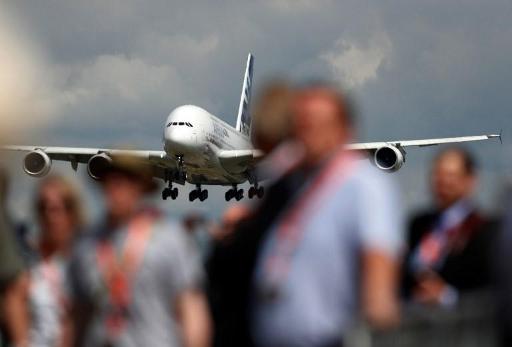Over 5,000 Belgians have been flown back to their country since last month as Belgium undertakes the "largest repatriation operation" in its history amid the coronavirus pandemic.
Since 18 March, Belgium has been carrying out "the biggest repatriation operation in our history," Foreign Affairs Minister Philippe Goffin said in a press release.
Goffin said "over 5000 Belgians" had already been repatriated and that 27 flights had been programmed to help citizens back from a number of countries, including South Africa, Nigeria, Colombia, Democratic Republic of Congo or the Dominican Republic.
Related News
- Coronavirus: Germany keeps Belgian and Dutch borders open
- Brussels Airlines flights could be reduced in the long term
- Coronavirus: Belgium pours €5 million into efforts to fast-track vaccine
The operation comes as countries across the world seal their borders in efforts to contain the spread of the coronavirus pandemic, compounding a drop in air travel that has seen reeling commercial airlines ground their fleets.
Nearly 1.5 million people across the world have contracted the new coronavirus (Covid-19) since it was first detected in a Chinese food market in December 2019, according to the Johns Hopkins tracker.
Goffin also beat back reports that Belgium's repatriation efforts were "disadvantaging" citizens with dual nationalities, saying that "all Belgians" who fit repatriation criteria were welcomed.
"Some countries, like Morocco or Burundi, have decided that their citizens, even those with dual nationality, cannot leave their territories," the minister said, adding that they had sent a letter to Moroccan authorities "about the issue."
The ministry said that all Belgians and their relatives who were abroad for tourism, for work or studies or for family-related issues were eligible for repatriation.
The lack of a "reasonably-priced" commercial alternative was also a "fundamental criteria" for eligibility, which explained that the ministry was not organising flights out of countries like Australia or New Zealand, for the time being.
Gabriela Galindo
The Brussels Times

